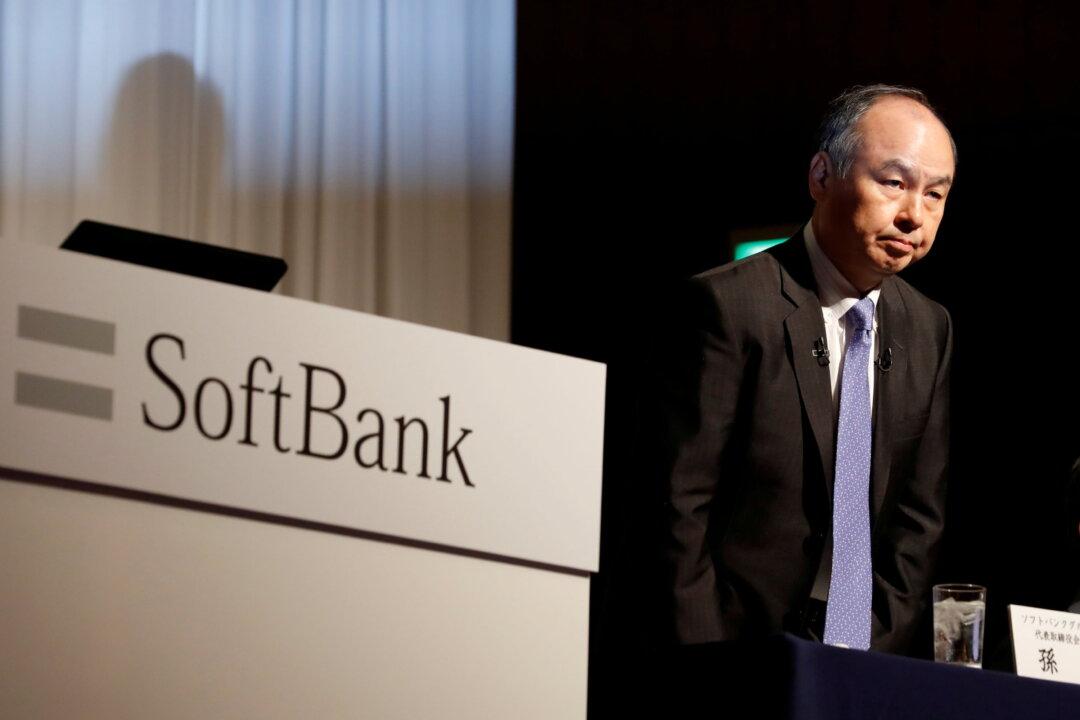News Analysis
Japanese tech investment giant SoftBank Group has decided to sell one-third of its Alibaba stake to raise $34 billion in cash, following a record $23.4 billion loss in the second quarter. Founder and CEO Masayoshi Son admitted at a press conference that he is “quite embarrassed and remorseful.”




